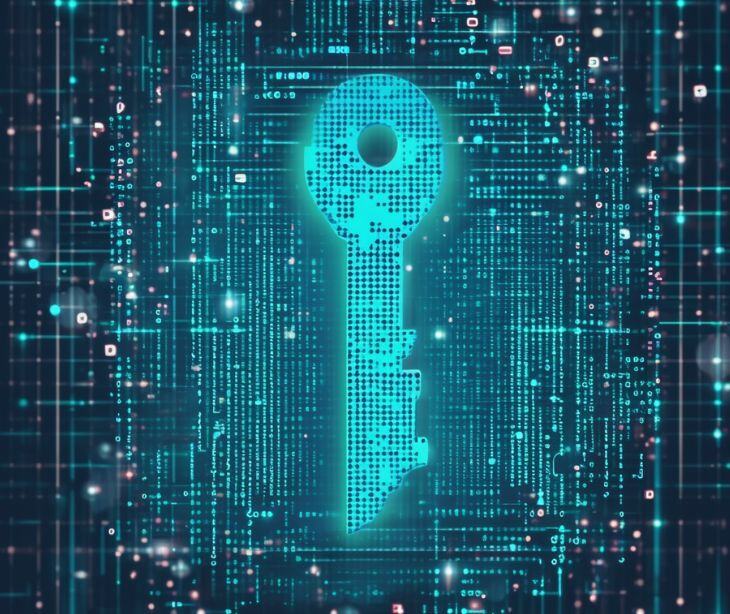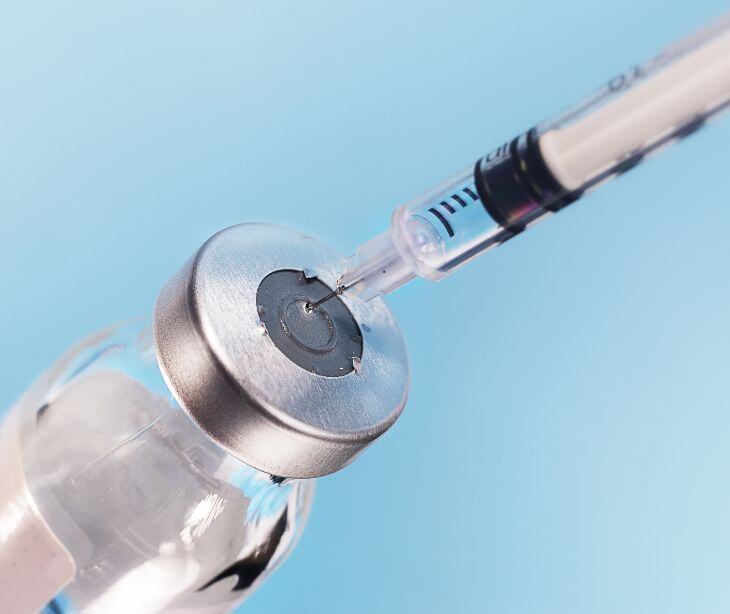
Providers can promote HIPAA compliance and digital security in vulnerable communities by leveraging solutions like Paubox Email Suite to address specific challenges.
Cybersecurity often presents unique challenges in vulnerable communities, where individuals encounter various obstacles. For example, people living in low-income areas frequently struggle with having limited access to safe technology, which increases their vulnerability to cyberattacks. In addition, a lack of knowledge about privacy rights makes compliance efforts more difficult.
Financial limitations worsen the situation by making it difficult to prioritize cybersecurity precautions and exposing people to possible risks. Furthermore, housing instability makes it difficult for them to adequately handle issues related to digital security. It becomes increasingly difficult to navigate patient privacy and cybersecurity without sufficient tools or assistance. As a result, vulnerable groups experience a disproportionate amount of privacy breaches, which may hinder their ability to get essential healthcare treatments.
A recent study on the impact of financial insecurity on digital security and privacy, shows that individuals often share devices and use public Wi-Fi because of financial constraints. The study elaborates that participants "described sharing devices with family members and using public computers and Wi-Fi, for example at the library or at fast food restaurants."
More specifically, some participants stated: "...sometimes I use my dad's laptop to get into [my email], and my password is saved on there...and a lot of people use his laptop, like my sister, my brother... it's like the house laptop."
Another participant relied on free public Wi-Fi even though he felt it was risky: "I know the risks of public Wi-Fi, but I really don't have the option not to use that...I have to go after the free stuff because I can't afford the other side of it."
This reliance on shared devices and public Wi-Fi introduces significant vulnerabilities, potentially leading to unintentional disclosure of account details or other sensitive data.
Digital security risks in vulnerable communities
1. Increased risk of data breaches: Shared devices and public Wi-Fi networks may not have adequate security measures in place, making it easier for hackers to obtain protected health information (PHI). Without proper safeguards, patient data may be compromised, leading to breaches of confidentiality and potential legal repercussions for healthcare providers.
2. Compromised confidentiality of health information: Shared devices and public networks increase the likelihood of unintentionally disclosing sensitive data, putting patient privacy at risk. For example, an unhoused individual lacking access to personal devices uses a shared computer at a local shelter to communicate with their healthcare provider. Suppose the device lacks proper security measures, and the public Wi-Fi network is susceptible to interception. In that case, confidential medical records may be exposed to unauthorized users.
3. Vulnerability to cyber threats and breaches: Without proper education and resources, individuals may fall victim to phishing scams, malware attacks, or other cyber threats. This could pose significant risks to patient data security and, ultimately, HIPAA compliance.
How healthcare providers can assist vulnerable communities with digital security challenges
- raising awareness
- facilitating access to secure technology
- integrating security measures into their systems
- advocating for patients
- using secure email solutions like Paubox Email Suite
Secure email solutions
Providers can use a HIPAA compliant email solution, like Paubox, which implements two-factor authentication (2FA). 2FA adds an additional layer of security to online accounts by requiring users to provide two forms of verification before granting access. This could involve a combination of something they know (like a password) and something they have (like a verification code sent to their mobile device). This means that 2FA can significantly reduce the likelihood of unauthorized access to their accounts, even when devices or networks are compromised.
Additionally, providers and health advocates can promote digital literacy on cybersecurity best practices to help vulnerable communities protect their privacy and uphold HIPAA compliance.
Ultimately, equipping individuals with the skills to navigate the digital landscape safely helps create a more secure healthcare environment for all.
FAQs
What are some challenges to achieving HIPAA compliance in vulnerable communities?
Challenges include limited access to secure technology, financial constraints hindering cybersecurity measures, and a lack of awareness about privacy rights.
How do shared devices and public Wi-Fi networks impact HIPAA compliance?
Shared devices and public Wi-Fi networks increase the risk of unintentional disclosure of sensitive health information, potentially leading to breaches of patient confidentiality.
What is two-factor authentication (2FA), and how does it enhance HIPAA compliance?
2FA adds an extra layer of security by requiring users to provide two forms of identification before accessing accounts or services, reducing the risk of unauthorized access. This additional security measure aligns with HIPAA's requirements for safeguarding protected health information (PHI) and helps healthcare organizations maintain compliance with regulatory standards.
Subscribe to Paubox Weekly
Every Friday we bring you the most important news from Paubox. Our aim is to make you smarter, faster.




